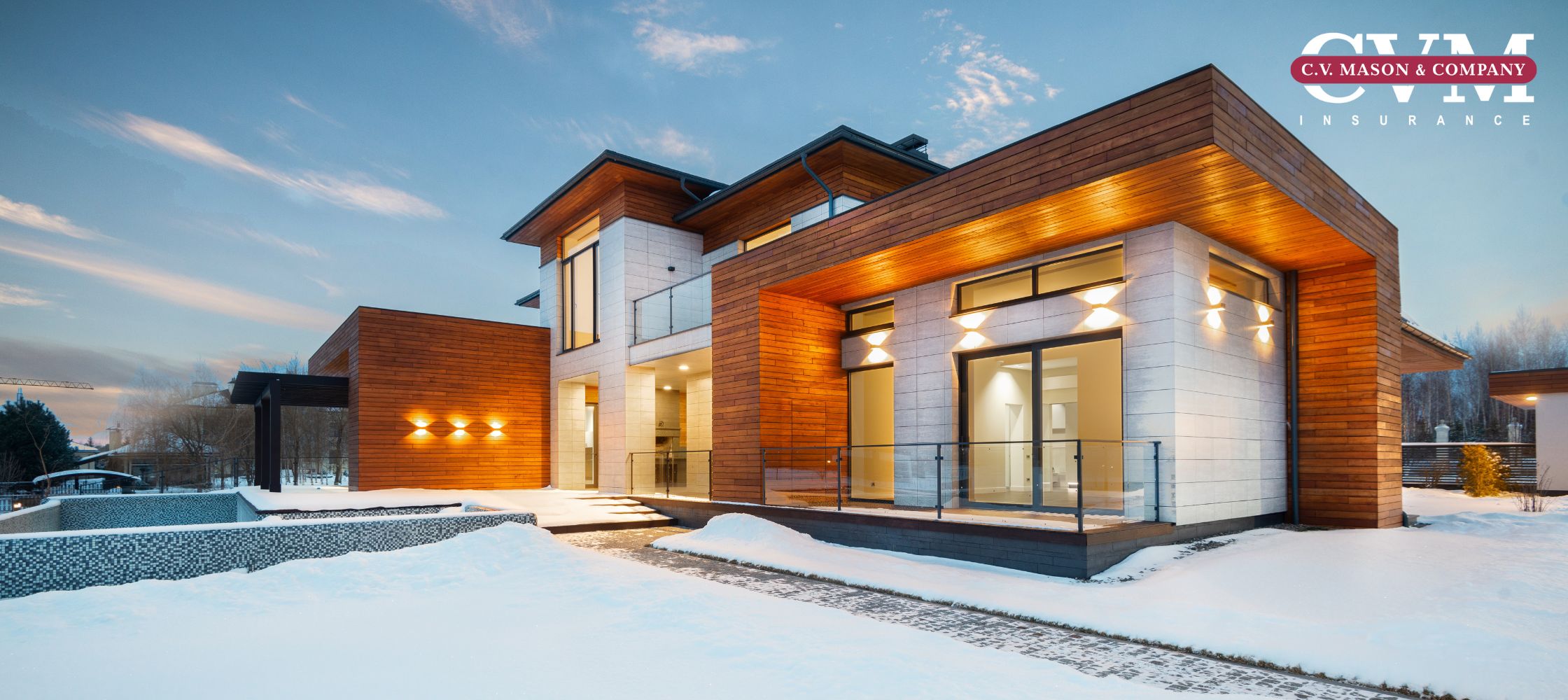


Over the next few weeks, as the cold sets in, don't forget to prepare your home too. Winterizing your home is essential to avoid getting caught in the cold.
In this article, we’ve listed down a few ways to get your home ready for the winter. By taking these easy precautions, you can minimize damage to your property and handle any potential mishap.
Winter is a lovely season but it can also be unpredictable, bringing with it chilly conditions and winter storms, increasing the possibility of property damage. The costs of winter weather-related property damage can be staggering, regardless of whether there is an issue with ice, snow, freezing temperatures, or something else.
The purpose of winterizing your home is to avoid higher energy costs and damage caused by cold weather and snow.
It can be expensive to hire someone to winterize your house. Can you live without it, though? Well, that depends on what needs to be done. If it is possible to do some winterization work within the course of a single weekend, you can probably DIY it. However, tasks that require specialized knowledge must be performed by a professional.
Prepare your home for winter by following these steps:
By clearing out your gutters, putting gutter guards in place, and making sure your attic floor is well insulated, you can prevent ice dams and a host of other problems.
Insulating your pipes can help reduce heat loss and guard against freezing and bursts. Consider insulating pipes that are prone to freezing and open the cabinet doors so warm air can surround the piping beneath sinks in the kitchen and bathroom.
To prevent draughts and save on energy bills, look for any holes in windows and doors and seal them. Stop cold air from leaking in by caulking cracks and openings around windows, doors, air conditioners, and mail chutes. As an extra heat loss prevention measure, you can also install weatherstripping and seals.
Clear snow and ice from sidewalks and driveways, and fix any problems with steps and railings. Additionally, sprinkle salt on your driveway, walkways, and stairwells to melt the ice. Make sure your garden is bare, tidy, and winter-ready. Secure anything that could be blown away by the wind, such as wheeled bins, greenhouses, and plant pots.
After the first snowfall, a roof check will help you identify any potential problems and determine whether you have a leaky roof. If you have worked on a roof before, you may easily address some roofing issues yourself, such as repairing shingles or caulking flashing. If not, hire a trained roof inspector.
Check on your heating systems during cold weather. Your furnace, whether it's gas or electric, could operate more effectively in the winter if a professional clean and tunes it properly. Check whether your radiators need to be cleaned, make sure your boiler is operating well, and clean off the vents and filters before it gets too cold. In short, check all the systems before the days become too chilly. Additionally, you should annually replace the batteries in your smoke detectors.
This is also a good time to review your existing homeowners insurance coverage. Make sure any renovations are covered by your homeowners insurance. Additionally, you might want to confirm how potential winter damages like ice dams, fires, or damage from tree limbs would be covered by your policy.
Unfortunately, the majority of homeowners are unaware of the limitations of their insurance. For instance, if your roof is over 15 years old and has not been repaired or maintained, there is a significant risk that your claim for compensation may be rejected if the winter weather causes damage to the roof.
Additionally, different losses are covered by different types of homeowners insurance coverage. You may be able to identify potential coverage gaps if you are aware of how your policy might cover harm before it occurs.
Related Article: Homeowners Tips to Prevent Winter Property Damage
Contact our experts at C.V. Mason Insurance Agency if you're looking for a reliable homeowners insurance plan. We can assist you in comparing several policies to discover the best option for you. We can also work together to help you find the right insurance at affordable rates.